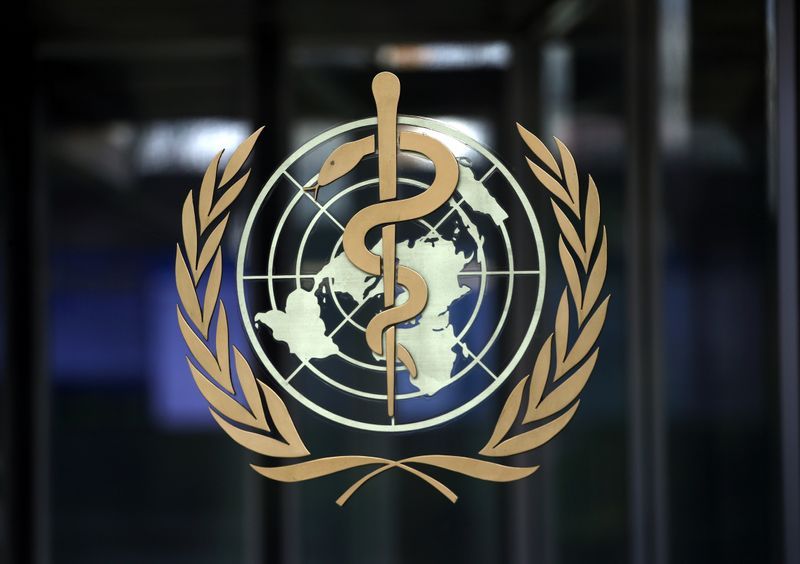RFK JR. AND RUBIO REJECT WHO’S PANDEMIC TREATY POWER GRAB – The WHO sought to create pandemic emergencies with sweeping measures with no accountability
In a decisive move against unelected global influence, U.S. Health and Human Services Secretary Robert F. Kennedy Jr. has formally rejected the World Health Organisation’s controversial International Health Regulations (IHR) amendments, warning Americans of the grave threat they pose to national sovereignty and personal freedom.
In a direct and passionate message to the nation, Kennedy asked a chilling question: “Are we going to be subjects to a technocratic control system that uses health risks and pandemic preparedness as a Trojan horse to curtail basic democratic freedoms? Do we want a future where every person, movement, transaction, and every human body is under surveillance at all times?”
Standing shoulder-to-shoulder with Secretary of State Marco Rubio, the pair publicly rejected the 2024 amendments to the IHR, calling them a gateway to unchecked international authority in times of so-called health emergencies.
Kennedy was clear: “Nations who accept the new regulations are signing over their power in health emergencies to an unelected international organisation that could order lockdowns, travel restrictions, or any other measures that it sees fit. In fact, it doesn’t even need to declare an emergency.”
Under the 2024 changes, the WHO sought to create a new category called a “pandemic emergency”—a loose definition that could trigger sweeping measures with no accountability to sovereign governments. The IHR, originally created in 2005, was meant to serve as a cooperative health framework. But the new amendments, paired with an ongoing push for a Global Pandemic Treaty, would force countries to align with WHO-defined protocols—including vaccine mandates and lockdown strategies—even in the absence of a declared health crisis.
In May, the WHO’s member states approved a draft pandemic agreement requiring countries to “prepare for future pandemics”—a phrase many critics argue masks a broader agenda of vaccine enforcement, digital IDs, and transnational surveillance.
But the United States is no longer at the negotiating table. Following an executive order from President Trump earlier this year, the U.S. officially withdrew from the WHO, stating in no uncertain terms that “any actions taken to effectuate the pandemic treaty and amendments to the IHR will have no binding force on the United States.”



